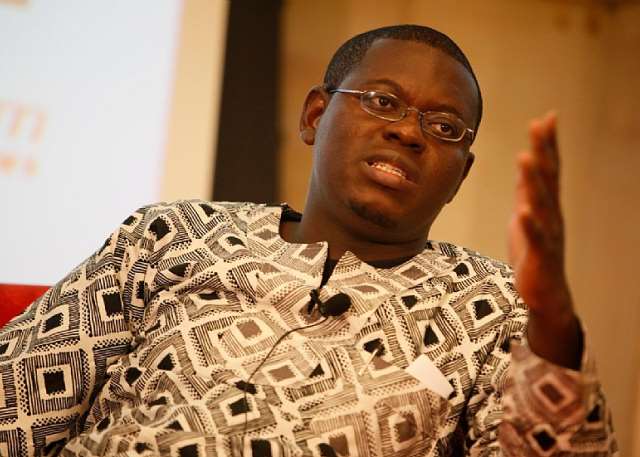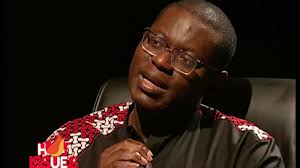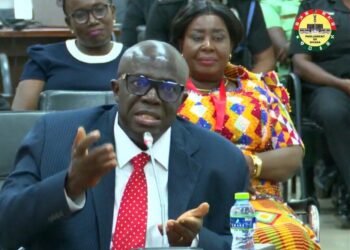In response to ongoing public discourse surrounding the Attorney General’s briefings on impending corruption cases, Bright Simons, Vice President of IMANI Africa, has raised critical reflections on the conventional argument that guilt should not be publicly insinuated until confirmed by a court ruling.
According to him, this widely accepted stance, while sounding reasonable, is fundamentally flawed when placed against the broader imperatives of public policy, accountability, and transparency in democratic societies.
“I keep hearing this argument: until a court pronounces a person guilty the ‘impression’ should not be created that they are. Sensible as that argument may sound, it is incomplete”
Bright Simons, Vice President of IMANI Africa
Simons drew attention to the limitations of courts in determining moral and factual truth. He explained that although courts are central to the administration of justice, they are not infallible.
“Courts acquit guilty people all the time,” he argued, citing the O.J. Simpson case as a demonstrative instance of the moral philosophy that it is safer to let multiple guilty individuals go free than to wrongly convict one innocent person.
In his view, such standards, while necessary, underscore the reality that the judicial process is an exercise in balancing – not a guarantee of truth.
He further pointed out that courts themselves acknowledge their potential for error, as evidenced by the very existence of an appeals process. “If courts were totally accurate, there would not be an appeal process,” he said, questioning the logic that guilt is only valid once all appeals are exhausted.

He emphasized that finality in court decisions, especially at the Supreme Court level, is more about practicality than perfect accuracy. “The Supreme Court isn’t final because it is infallible but that it is infallible because it is final,” he stated, reflecting on the judicial system’s structural limits in its pursuit of truth.
Simons also responded to criticisms of prosecutors who publicly express their belief in the guilt of the accused before trial. He noted that such declarations are not only within the bounds of legal practice but are also vital for reinforcing public confidence in the justice system.
“A prosecutor actually goes to trial in the honest belief that the accused is guilty. Otherwise, they have no basis mounting a prosecution”
Bright Simons, Vice President of IMANI Africa
He considered it “absurd” to argue that prosecutors cannot openly state such positions, adding that prosecutions serve not just legal but also public policy functions.
Transparency; The Public’s Right to Know
Simons defended the public dissemination of facts uncovered by investigators, stating that such details are meant to be part of the public record. He rejected concerns that briefings would arm defence teams with strategic information or remove the element of surprise.

“The defence is entitled to know in advance ALL facts that the prosecution intends to rely upon,” he asserted.
In his view, objections to public briefings on corruption investigations stem from a culture of secrecy that has dominated Ghanaian governance. “We have built a society of murkiness and opacity. People are thus unused to transparency,” he lamented.
Simons argued that openness is not just desirable but essential in a democratic system that relies on citizen scrutiny and critical thinking to hold state institutions accountable.
The IMANI Vice President noted that many Ghanaians have been raised without an understanding of how government policies and systems operate. “Many people have thus become infantilised,” he said, explaining that such individuals prefer to rely on authoritative pronouncements, often by courts, rather than undertaking personal analysis.
This attitude, he argued, does not promote the kind of society where government decisions – especially around prosecution – are subject to thoughtful public evaluation. He concluded with a strong call for civic maturity and active engagement, framing transparency and public education as central to democratic governance.
“Let’s all vote for a critical and thoughtful Ghanaian society where citizens are not shy of analysing data, facts, and evidence for themselves”
Bright Simons, Vice President of IMANI Africa



















